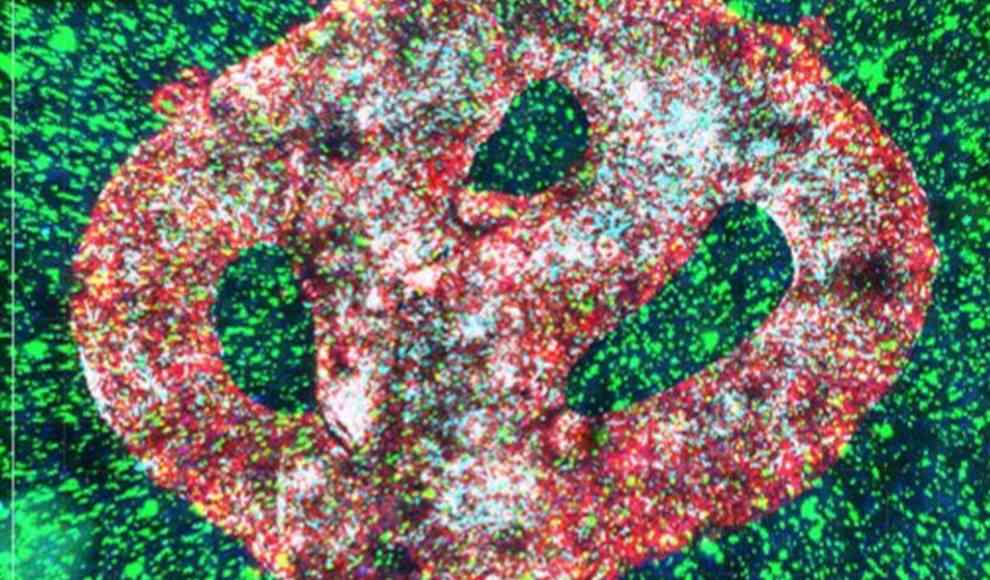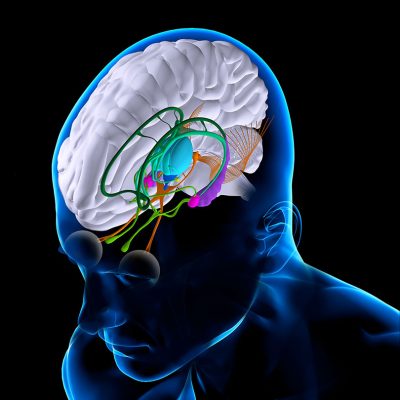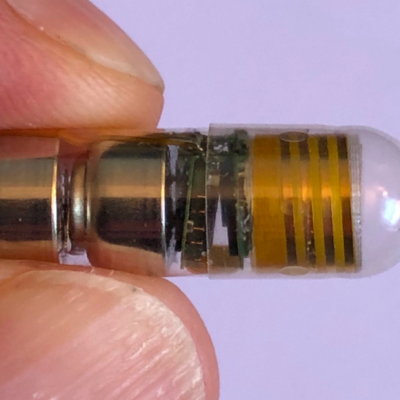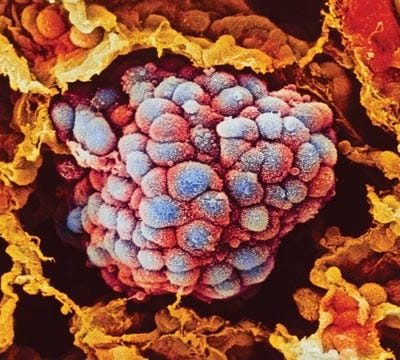In a groundbreaking development, scientists at Tel Aviv University have successfully created a fully functional 3D model of the Glioblastoma tumor. This artificial mini-tumor is expected to improve patient treatment and the development of new drugs. Glioblastoma is the most common malignant brain tumor in adults, with a poor prognosis and a median survival rate of only 15 months. While treatment is possible through surgery, chemotherapy, and radiation, a complete cure has not yet been achieved.
According to Professor Ronit Satchi-Fainaro, the development of new drugs for Glioblastoma and other cancers is fraught with difficulties. Cancer behaves differently in a petri dish or test tube than it does in the human body, and about 90% of experimental drugs fail in clinical trials. To simplify the development of new drugs and improve patient treatment, the scientists at Tel Aviv University have created a fully functional 3D model of the Glioblastoma tumor.
The model, which is the most comprehensive tumor replica to date, contains both the complete cancer tissue and the surrounding environment that significantly influences its development. It is made up mostly of a brain-like gel composition but also includes a complex system of blood vessel-like tubes that transport blood cells and drugs through the artificial tumor. In clinical practice, the model could be used to test treatments before administering them to patients. Doctors could simulate how an individual patient’s tumor would respond to a particular approach.
The process of printing a patient’s tumor involves taking tissue from the tumor during surgery and printing it according to the patient’s MRI. The scientists then have about two weeks to test various therapies to evaluate their effectiveness for that specific tumor and determine the best treatment. Alternatively, they can print 100 tiny tumors in 3D bioprinting from a sample taken from a patient’s tumor and test various drugs in different combinations to find the optimal treatment. This groundbreaking development is expected to revolutionize cancer treatment and drug development.










